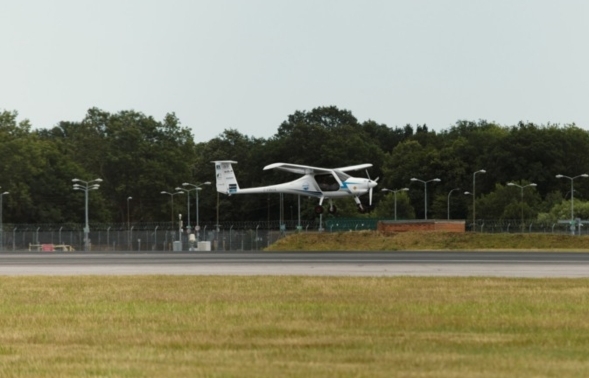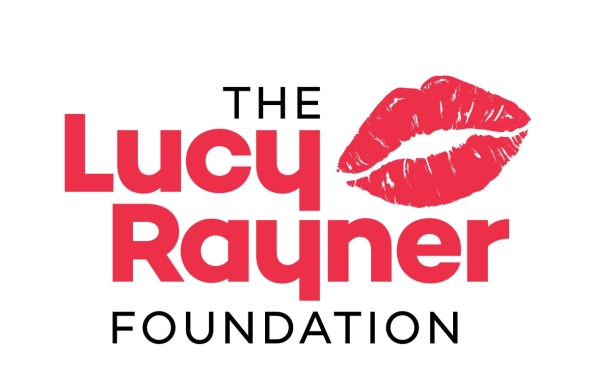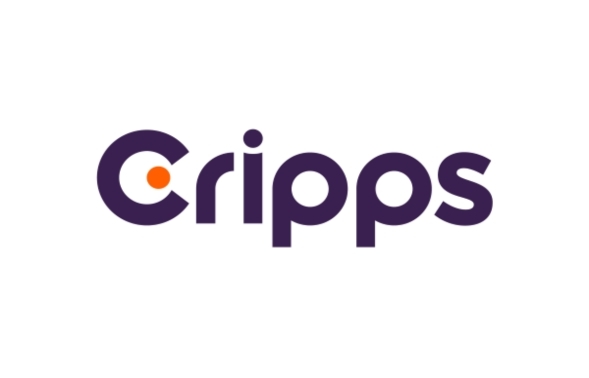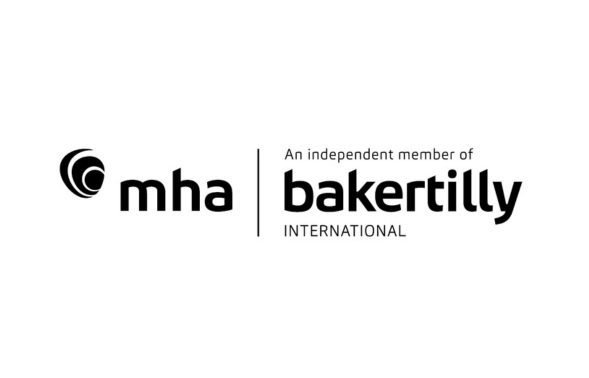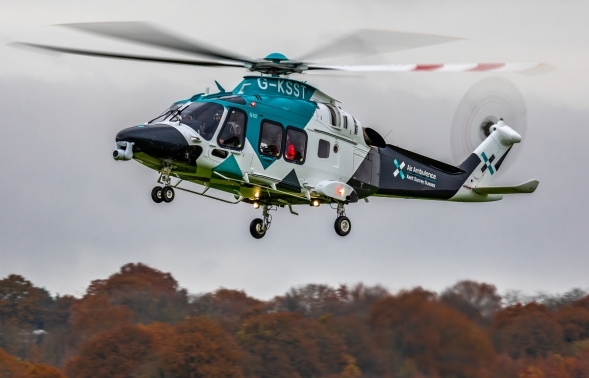Welcome...
...to September's Tax Tips & News, our newsletter designed to bring you tax tips and news to keep you one step ahead of the taxman.
We must start of by saying "Congratulations!" to our colleague, Malakai, for passing her Level 3 AAT qualification

Some important updates and reminders in this months addition. Any questions, please get in touch.
We would like to welcome all the new clients who have joined us in the last month.
enquiries@blackmanterry.co.uk / 01444 882381
September 2021
- Tax Investigation Fee Protection Service
- HMRC urges taxpayers to stay alert to digital scam
- HMRC outlines changes to late payment penalty regime
- Advisory fuel rates fosr company cars
- Digital marketplaces to report sellers' incomes from 2023
- Employers 'named and shamed' for paying less than minimum wage
- Contactless limit to increase to £100
- BCC calls for government to extend skills training
Tax Investigation Fee Protection Service
Blackman Terry Tax Investigations Service for the half year 2021-22, begins on the 1st October 2021 and will run through to the 31st March 2022.
If you have not already joined the scheme, we strongly recommend that you join to cover your defence costs in the event of being selected for investigation by HMRC.
HMRC has an unprecedented level of information on UK businesses and taxpayers and is actioning an increasing number of tax investigations to collect additional tax revenues.
The representation costs for a typical tax investigation can often escalate, not because you have made a mistake, but because you are required to prove yourself innocent of any wrongdoing.
Unfortunately, we can't stop you from being selected for an enquiry, but we can ensure you can afford a full defence if it happens; this is where the Tax investigation Protection Scheme comes in.
What do you need to do?
Simply email Samantha, our Client Relations & Operations Manager on Sam.Moller@blackmanterry.co.uk to confirm that you wish to join the scheme and she will set everything up for you. The cost is £45 plus VAT for a personal scheme and £95 plus VAT for a business scheme which will give you protection from 1st October 2021 until 31st March 2022. The cost also includes 24/7 access to a Business Legal helpline for employment law, commercial matters and health and safety issues.
Whilst we hope it never happens to you, tax investigations can happen to anyone, at random, whether you are an individual or in a business.

HMRC urges taxpayers to stay alert to digital scams
HMRC has urged taxpayers to stay alert to the threat of digital scams and scammers claiming to represent HMRC.
Research published by HMRC revealed that the number of tax-related scams has doubled in the past 12 months.
In the past year HMRC has received more than one million referrals from the UK public in regard to suspicious contact, with many fraudsters offering 'tax refunds' or 'rebates'. The research showed that HMRC received 441,954 reports of phone scams and more than 13,315 reports of malicious websites.
HMRC also stated that, over the last year, it has asked internet providers to take down 441 coronavirus (COVID-19) support scheme scam webpages.
Mike Fell, Head of Cyber Security Operation at HMRC, said:
'The pandemic has given criminals a fresh hook for their activity and we've detected more than 460 COVID financial support scams alone since early 2020.
'HMRC takes a proactive approach to protecting the public from tax-related scams and we have a dedicated Customer Protection Team that works continuously to identify and close them down.'

HMRC outlines changes to late payment penalty regime
HMRC has published a policy paper outlining the forthcoming changes to the penalties for late payment and interest harmonisation for taxpayers.
The government intends to reform sanctions for late submission and late payments to make them 'fairer and more consistent across taxes'. Initially the changes will apply to VAT and Income Tax Self Assessment (ITSA).
The changes will see interest charges and repayment interest harmonised to bring VAT in line with other tax regimes, including ITSA.
Under the new regime, there are two late payment penalties that may apply: a first penalty and then an additional or second penalty, with an annualised penalty rate. All taxpayers, regardless of the tax regime, have a legal obligation to pay their tax by the due date for that tax. The taxpayer will not incur a penalty if the outstanding tax is paid within the first 15 days after the due date. If tax remains unpaid after day 15, the taxpayer incurs the first penalty.
For more information click on this link

Advisory fuel rates for company cars
New company car advisory fuel rates have been published and took effect from 1 September 2021.
The guidance states: 'you can use the previous rates for up to one month from the date the new rates apply'. The rates only apply to employees using a company car.
The advisory fuel rates for journeys undertaken on or after 1 September 2021 can be found here.

Employers 'named and shamed' for paying less than minimum wage
The government has 'named and shamed' 191 companies that have broken National Minimum Wage (NMW) laws.
Following investigations by HMRC, the named firms have been fined for owing £2.1 million to over 34,000 workers. The breaches took place between 2011 and 2018. Named employers have since been made to pay back what they owed to employees and were fined an additional £3.2 million.
According to HMRC, 47% of firms wrongly deducted pay from workers' wages, including for uniforms and expenses. In addition, 30% failed to pay workers for all the time they had worked, such as when they worked overtime, while 19% paid the incorrect apprenticeship rate.
Find out what Business Minister, Paul Scully said here.
Digital marketplaces to report sellers' incomes from 2023
HMRC has published a consultation that outlines plans to implement reporting rules for digital platforms first put forward by the Organisation for Economic Co-operation and Development (OECD).
In February 2020, the OECD consulted on proposed rules setting out how digital platforms should collect information about the income of sellers and report it to tax authorities.
Under the new rules, websites and applications based in the UK will be required to report sellers' income arising in the previous calendar year to HMRC. The reporting deadline will be 31 January of the year following the calendar year.
For more information click here
Contactless limit to increase to £100
The national roll-out of the new £100 spending limit for contactless card payments will begin from 15 October 2021, banking trade body UK Finance has confirmed.
The decision to raise the contactless limit from £45 to £100 was made by HM Treasury and the Financial Conduct Authority (FCA) following a public consultation and discussions with both the retail and banking sectors. It follows on from the successful increase in the limit from £30 to £45 in April 2020.
From 15 October 2021, consumers will start to see retailers accepting contactless payments up to the new £100 limit, which will give customers more flexibility when shopping in store.

BCC calls for government to extend skills training
The BCC has urged the government to extend skills training in light of the publication of research which showed that one in five companies are considering making redundancies as a result of the coronavirus (COVID-19) pandemic.
The BCC has stressed concerns that older workers could go unutilised unless support for retraining is put into place immediately.
The BCC survey, which polled over 250 businesses with employees still on furlough, revealed that one in five are planning to make staff redundant following the rise in employer contributions to the Coronavirus Job Retention Scheme (CJRS).
August/September key tax dates
19th September- Deadline for postal payments of CIS/NICS/PAYE to HMRC (22nd for electronic submissions)
1st September - New Advisory Fuel Rates (AFR) for company car users apply from today
Further information can be found here.
